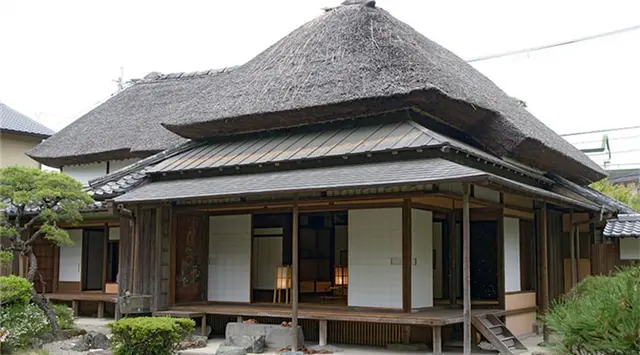Average monthly household spending in Japan dropped 2.7 percent in 2015 from a year earlier to 247, 126 yen (2,154 U.S. dollars) in price-adjusted real terms, the Internal Affairs and Communications Ministry said in a report on Tuesday.
The latest annual decline follows a 3.2 percent slump in 2014, as spending on food retreated 0.5 percent and spending on clothes tumbled 6.4 percent. Outlays on furniture, meanwhile, were down 4. 6 percent, the statistics bureau said.
Regarding two-or-more-person households, the ministry said the yearly average of monthly consumption expenditures for 2015 was 287,373 yen, a drop of 2.3 percent in real terms, from the previous year.
The yearly average of monthly income per household stood at 525, 669 yen, the ministry said, an increase of 0.1 percent in real terms from a year earlier, the latest data showed.
The yearly average of monthly consumption expenditures per household, however, according to the ministry, was 315,379 yen, a drop of 2.1 percent in real terms, compared to the previous year.
The latest statistics from the government underscore the fact that a downturn in nationwide consumption, a key driver of Japan's economy accounting for around 60 percent of total gross domestic product, is continuing to impact growth here, amid a lack of drivers and downside pressure from slumping exports and retreating wages.
Japan's economy contracted an annualized 1.4 percent in the October-December quarter, as sluggish exports and weak consumer spending weighed in the recording period, government data showed Monday.
The contraction was more severe than median economists had expected and translated to a 0.4 percent drop from the third quarter, which saw GDP increase 0.3 percent from the previous quarter.
While the government has been hoping that record business profits would lead to further investment and hence expenditure and also translate into increased earnings and an uptick in household spending, the 0.8 percent slide in consumption from the previous quarter, as the Cabinet Office's figures showed, painted a different picture.
Economics Minister Nobuteru Ishihara said that the slump in consumer spending was due to unseasonably warm weather and stated that he believes the nation's fundamentals to be in order. However, the government's data showed that business profits and stimulus measures aren't making for a favorable employment market, with monthly wages charting a 0.9 percent decline in 2015, compared to a year earlier.
The latest annual decline marks the fourth successive year that real average monthly wages have posted a slump, despite the government's upbeat rejoinders.
Japan's central bank on Tuesday launched its inaugural negative interest rate policy in a bid to try and keep money flowing into markets and beat deflation, as the country's options to spur growth continue to wane against a backdrop of domestic and global economic uncertainty.
Under its new policy, first announced at the end of last month, the Bank of Japan (BOJ) will adopt a negative annual interest rate of minus 0.1 percent for some of the accounts held by financial institutions, to encourage them to release funds back into the economy, by spending or reinvesting.
The move has been met with mixed market reactions, with some questioning the long-term benefits of such a policy, while fears have been stoked that the BOJ is fast running out of further easing weaponry, while deflation remains largely unchanged despite a number of monumental easing measures being unleashed.
 简体中文
简体中文

